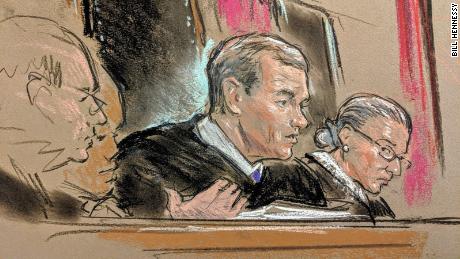To prove her creds to the far-left crowd, House Speaker Nancy Pelosi on Monday accused President Trump of pushing for a citizenship question on the 2020 census to “Make America White Again.” She declared, “it’s not what our founders had in mind.” Speaker Pelosi should read some history about what the founders actually had in mind and the long history of the census citizen question before fulminating.
Thomas Jefferson first recommended back in 1800 an inquiry to collect more detailed data about the “inhabitants of the United States” beyond simply a counting of the overall population. This would include an inquiry into “the respective numbers of native citizens, citizens of foreign birth, and of aliens.” The purpose of such an inquiry, this founding father said, was to “more exactly” distinguish “the increase of population by birth and immigration.” Beginning in 1820, at a time when founding fathers Thomas Jefferson, James Madison and John Adams were still alive, the census included a question asking how many “foreigners not naturalized” lived in each household. This question was asked at various intervals between 1820 and 1890, and then in every census until 1950. After a 20-year lapse, the citizenship question appeared again in the long-form census questionnaire from 1970 through 2000.
The Supreme Court last month decided to push the pause button on adding the citizenship question to the 2020 census until the Trump administration can come up with a more credible rationale than its belated explanation that it was seeking the information to enforce the Voting Rights Act. In his 5-4 majority opinion, Chief Justice John Roberts, siding with the four liberal justices, wrote that “we cannot ignore the disconnect between the decision made and the explanation given.” However, he also made it clear that the Court was not ruling that the citizenship question was “substantively invalid.” Moreover, he wrote that “a court may not reject an agency’s stated reasons for acting simply because the agency might also have had other unstated reasons.”
Most importantly, Chief Justice Roberts provided an opportunity for the Trump administration to fix what amounts at most to a technical deficiency in providing an explanation for the citizenship question that the Court deems to be sufficiently credible.Read the rest from Joseph Klein HERE.
If you like what you see, please "Like" us on Facebook either here or here. Please follow us on Twitter here.



No comments:
Post a Comment